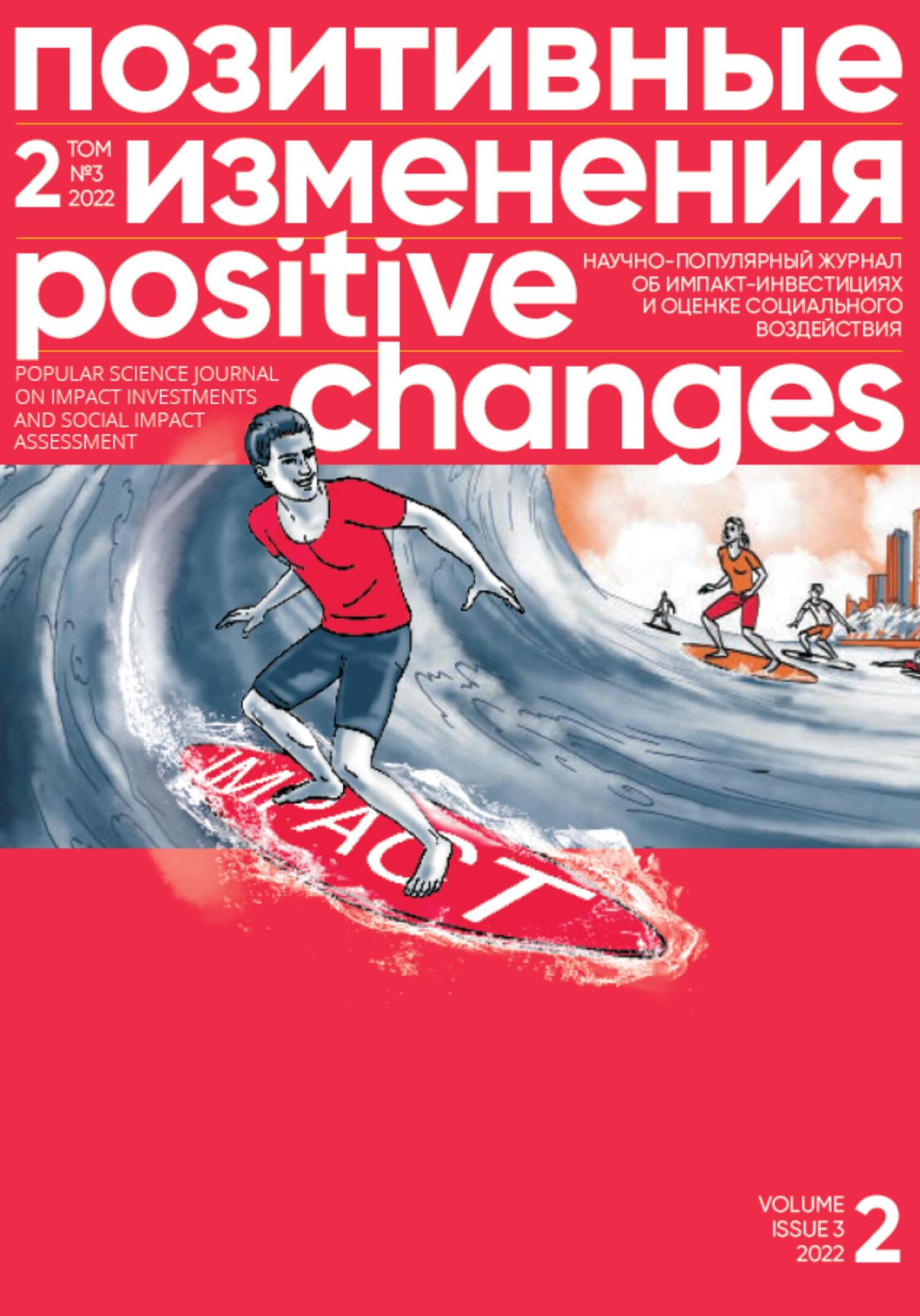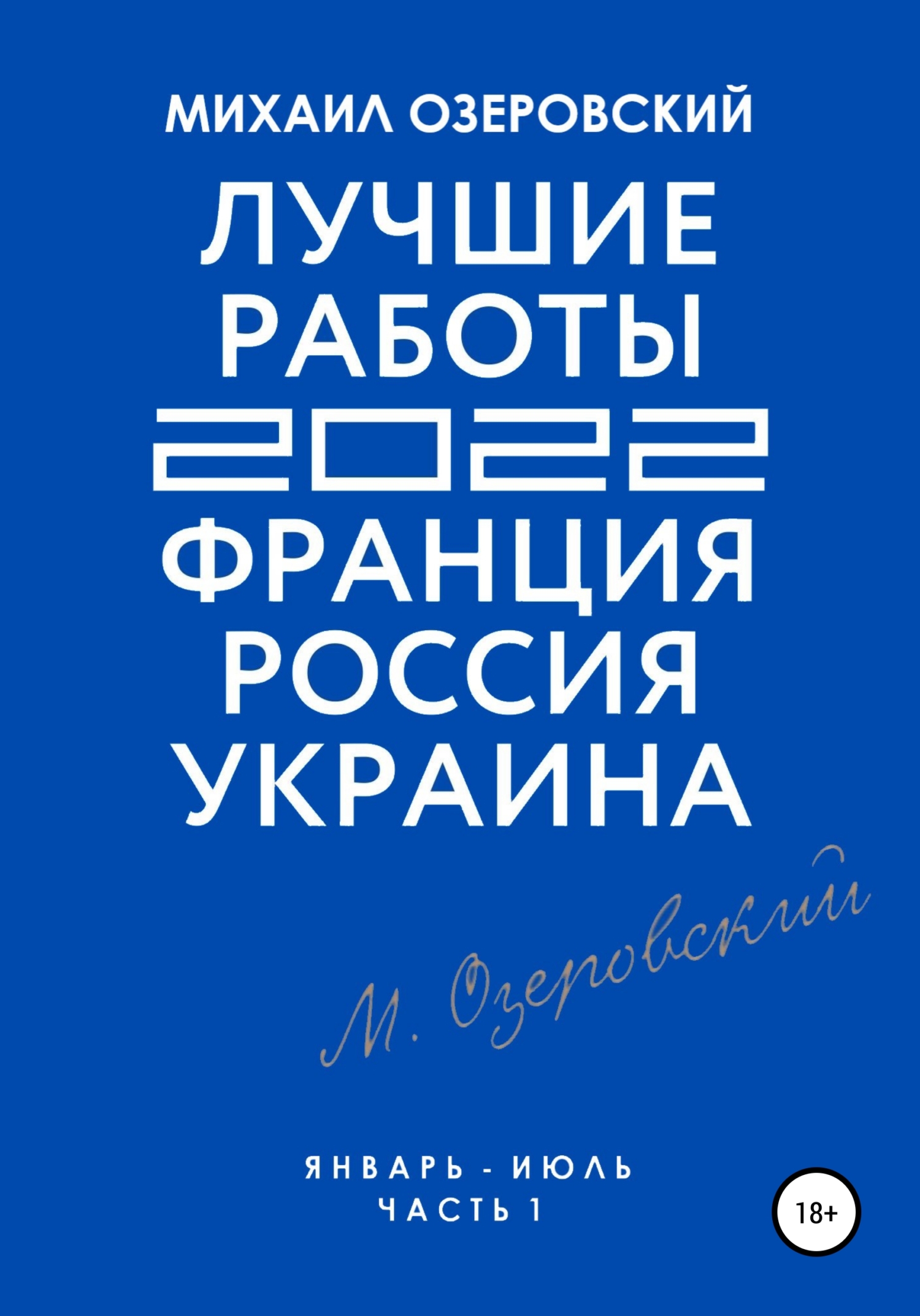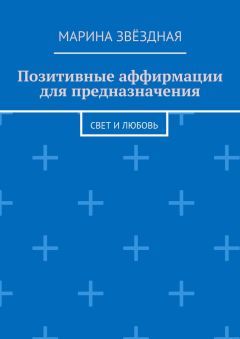Russia, Kazakhstan and Belarus highlighted the following properties (See Figure 1):
1. An effective entrepreneur creating social value, offering an innovative solution to a social problem with the support of foundations, investors, and the public;
2. Dependent on outside funding, weak business, not supported by the state and society, unhappy person;
3. More of a commercial rather than social entrepreneur, an unsuccessful businessman; a loner, working without a team;
4. Not supported by the state and the church.
This factor reflects a “healthy” model that combines significant social impact with an effective business model that is accompanied by support from foundations, investors and the public. This factor was found in the survey of all respondents. On the one hand, we can say that this is a basic, general aspect for assessing the image of a social entrepreneur.
On the other hand, it is interesting to see how the respondents have ranked this property in relation to their home country and others by this criterion. As can be seen from Figure 1, only the “social entrepreneur under perfect conditions” can be used as the criterion “An effective entrepreneur creating social value, offering an innovative solution to a social problem with the support of foundations, investors, and the public.” If we talk about this criterion in relation to the characteristics of a social entrepreneur in the United States, it has been rated positively (above zero) by respondents from all three countries. Respondents from Kazakhstan give higher scores for this factor than respondents from Belarus and Russia (p = 0.091 and p = 0.007). In general, we can say that respondents assess the image of a social entrepreneur in the United States as being much closer to the “perfect” picture, than the image of their home country and the other two.

Figure 1. Evaluation of country images based on factor 1 “An effective entrepreneur creating social value, offering an innovative solution to a social problem with the support of foundations, investors, and the public.”
In evaluating their home countries by this criterion, respondents in all three countries gave negative scores (below “zero”). At the same time, the image of the social entrepreneur is characterized rather by opposing qualities. Russian respondents are more positive about the image of social entrepreneurs in their home country — they give higher ratings than respondents from Belarus and Kazakhstan to social entrepreneurs in their respective home countries (p = 0.001 and p = 0.026).
For respondents from Belarus and Kazakhstan, the characteristics of all countries differ significantly. The respondents noted minimal differences between their home countries and Russia (p = 0.062 and p = 0.018). According to respondents from Russia, there is no difference between the image of a social entrepreneur in their home country and Kazakhstan by this criterion. In general, we can say that respondents from Kazakhstan and Belarus gave much more similar answers than the respondents from Russia (See Figure 2).
Based on Figure 2, we can see the same trend as in the analysis by criterion 1: respondents from Russia, Kazakhstan and Belarus describe the image of a social entrepreneur in the United States and “social entrepreneur under perfect conditions” more positively than in other countries (including their own). According to study participants, the image of a social entrepreneur is not so positive in their home countries. Respondents from the CIS countries attribute opposite properties to the criterion of “not dependent on external funding, running a self-sustaining business, etc.” in relation to their country. At the same time, this quality has a higher score in relation to the definition of the image of “social entrepreneur under perfect conditions,” and is less significant for the United States (but, one way or another, refers to the opposite side of the factor under consideration, because it is below zero).

Figure 2. Assessments of country images for factor 2 “Dependent on outside funding, weak business, not supported by the state and society, unhappy person.”
At the same time, respondents from Belarus are more positive about the image of a social entrepreneur in the United States (attributing the opposite characteristic to factor 2: “Dependent on outside funding, weak business, not supported by the state and society, unhappy person”) than respondents from Kazakhstan and Russia (p = 0.001 and p = 0.041). Respondents from Kazakhstan assess the image of a social entrepreneur “under perfect conditions” with the lowest score for factor 2, compared with the respondents from Belarus and Russia (p <0.001).
Another trend discovered for factor 2 is the similarity in the respondents’ assessments of the image of a social entrepreneur in their home countries and in relation to the “other country” (Russia for Belarus and Kazakhstan, and Kazakhstan for Russia). In general, we can describe these images as having no significant differences (See Figure 3).
For this factor we see opposing trends, with significant differences in the assessment of the image of a social entrepreneur in relation to their home country: p <0.001 between Belarus and Kazakhstan, p = 0.013 between Belarus and Russia, p = 0.056 between Kazakhstan and Russia.
Another interesting trend was that the respondents from all three countries rated only gave high scores in this factor to the image of a social entrepreneur from the United States. Respondents from Belarus and Russia do not attribute this property to any other country.
Figure 3. Country image scores by factor 3 “More of a commercial rather than social entrepreneur, an unsuccessful businessman; a loner, working without a team.”
The respondents from Kazakhstan demonstrate a completely different perception of this property. They attribute it to the definition of social entrepreneurs in all countries, including their own. Respondents from Kazakhstan also have a significantly different perception of the social entrepreneur in Russia compared to Belarus (p=0.001), and so do respondents from Russia when describing a social entrepreneur from Kazakhstan (p=0.005).
As for assessments of the “perfect country,” the








